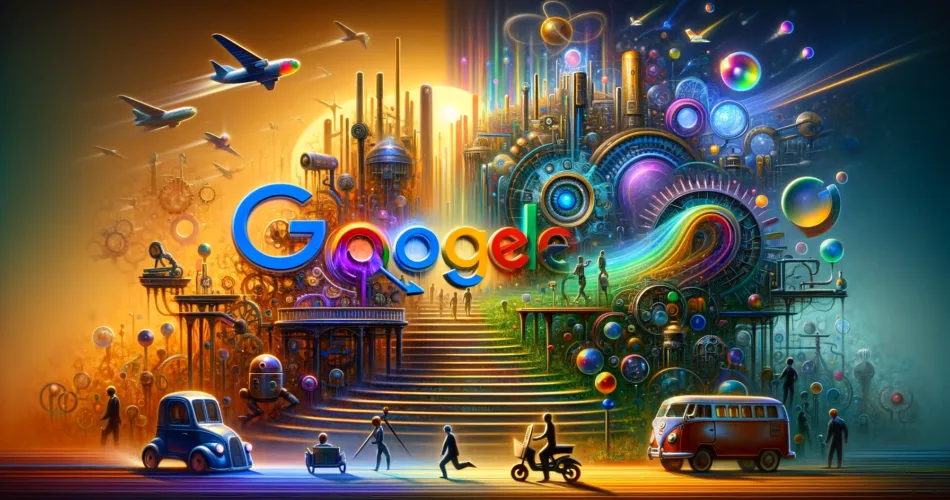In recent times, the landscape of internet search engines has undergone significant transformations. Gone are the days when Google’s unparalleled monopoly defined the search experience. A new era beckons, marked by the advent of artificial intelligence-powered search engines. This article delves into the journey from Google’s dominance to the emergence of promising alternatives, like Perplexity, and explores the potential reshaping of the internet search ecosystem.
The Dominance of Google:
For years, Google has been the go-to source for internet search, boasting a near-monopoly. The ease of access and breadth of information made it an undisputed leader. However, concerns over its dominance and the quality of search results have sparked discussions about the need for alternatives.
The Rise of AI in Search:
The narrative began to shift with the entrance of AI-driven search engines. ChatGPT and Perplexity emerged as frontrunners, challenging the status quo with their innovative approaches to search, emphasizing accuracy, and up-to-date information. These platforms offered a glimpse into a future where search engines understand and interact with users in a conversational manner, revolutionizing information retrieval.
Perplexity: A New Contender
Perplexity distinguishes itself by focusing on accuracy and speed, addressing common criticisms of existing AI models like ChatGPT. It not only answers users’ queries but also cites sources, offering a transparent and efficient search experience. With its unique approach, Perplexity positions itself as a strong competitor in the AI search engine market.
The Competitive Landscape:
Despite the fall of startups like Neva, the emergence of AI-driven engines signifies a robust competition against Google. This competition introduces a diverse ecosystem of search technologies, promising to end the era of monopolies in internet search.
Monetization and the Future:
The quest for monetizing search through subscriptions poses challenges in an ecosystem accustomed to free access. However, platforms like Perplexity and ChatGPT demonstrate a potential shift, offering premium services. This evolution suggests a future where users may be willing to pay for enhanced search experiences, marking a significant departure from the ad-supported model.
Potential Acquisitions and Partnerships
As AI search engines grow, the possibility of acquisitions or partnerships looms. Perplexity’s openness to collaborating with tech giants like Apple hints at future integrations that could further alter the search landscape, emphasizing the need for diversity and innovation in how we access information online.
Conclusion:
The journey from Google’s dominance to the rise of AI-driven search engines like Perplexity illustrates a vibrant and evolving search ecosystem. As artificial intelligence reshapes how we interact with information, the future promises a more diverse, accurate, and user-friendly search experience. This transition not only challenges existing monopolies but also paves the way for innovations that could redefine the essence of internet search.

